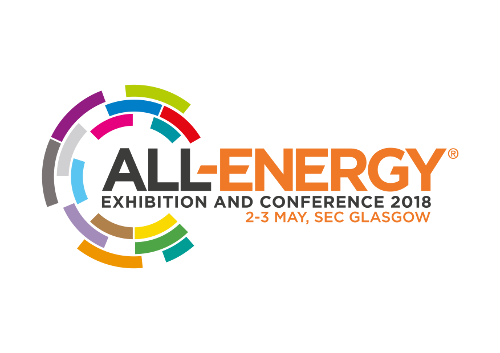The financial sector plays a pivotal role in the achievement of the Sustainable Development Goals (SDGs). Introduced by the United Nations in 2015, the SDGs represent a blueprint for achieving a better and more sustainable future for all by addressing critical global challenges, including poverty, inequality, climate change, and environmental degradation. But the accomplishment of these goals requires substantial resources. The United Nations Conference on Trade and Development (UNCTAD) estimates that achieving the SDGs could require investments of $5-7 trillion per year. As such, the financial industry's role is indispensable.
One of the main ways in which finance connects to the SDGs is through the provision of the necessary funding to achieve these goals. This can take several forms, including direct funding from banks and financial institutions, impact investment, which aims at generating social and environmental impact alongside a financial return, and innovative financial mechanisms such as green or sustainable bonds.
Moreover, SDG 17 explicitly recognises the role of finance, calling for strengthening the means of implementation and revitalising the global partnership for sustainable development. It seeks to mobilise additional financial resources for developing countries from multiple sources and promote a universal, rules-based, open, non-discriminatory, and equitable multilateral trading system under the World Trade Organization.
Furthermore, financial institutions can adopt sustainable practices in their operations, contributing to several SDGs. For example, by offering financial services to unbanked or underbanked populations, financial institutions can contribute to SDG 1 (No Poverty) and SDG 10 (Reduced Inequalities). Similarly, by adopting sustainable investment criteria, financial institutions can foster sustainable industries, thereby contributing to SDG 9 (Industry, Innovation, and Infrastructure) and SDG 12 (Responsible Consumption and Production).
Finally, finance plays a role in managing the economic risks associated with sustainability challenges. For instance, by taking into account environmental, social, and governance (ESG) criteria in their risk assessments, financial institutions can help mitigate the financial risks associated with climate change and other environmental and social threats.
However, integrating sustainable development into the financial sector also entails challenges. These include the need for a better understanding of the financial risks and opportunities associated with sustainable development, the need for enhanced disclosure and transparency around sustainable finance activities, and the need for more consistent and standardised sustainable finance taxonomies and metrics.
This study analyzes the relationship between social inclusion of lesbian, gay, bisexual, and transgender (LGBT) people and economic development. It uses legal and economic data for 132 countries from 1966 to 2011. Previous studies and reports provide substantial evidence that LGBT people are limited in their human rights in ways that also create economic harms, such as lost labor time, lost productivity, underinvestment in human capital, and the inefficient allocation of human resources.


